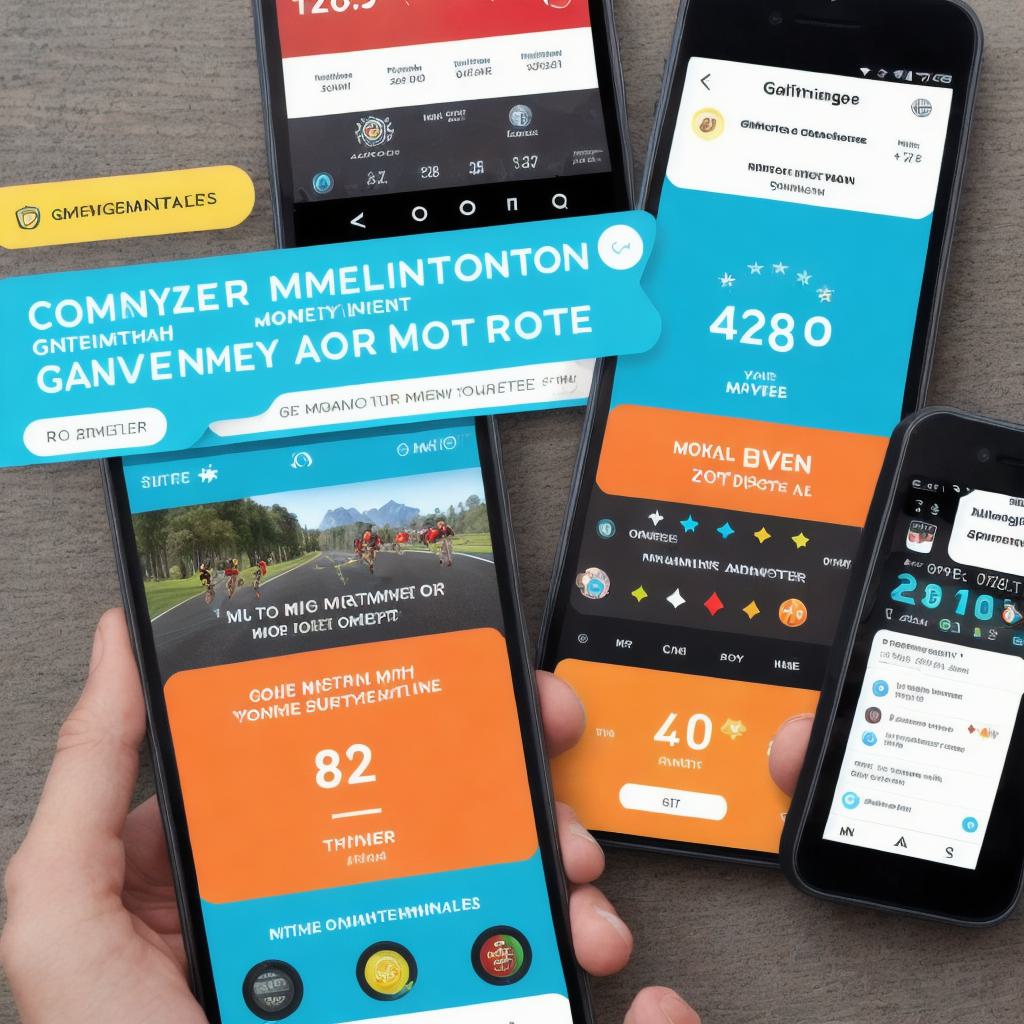As an Android developer, creating a successful app is not just about having a great idea or developing top-notch features. It is also about keeping users engaged with your app to ensure that they continue using it regularly. Engaging activities are critical in boosting an app’s success as they can help increase user retention, improve user satisfaction, and encourage word-of-mouth marketing. Here are some tips on how you can create engaging activities in your Android app:
- Gamification: Adding gamification elements to your app can make it more interactive and fun for users. You can incorporate features like leaderboards, badges, and rewards to motivate users to interact with your app regularly. For example, a fitness app could have a leaderboard that shows the top runners or cyclists in a particular area, and offer badges for achieving certain milestones like running a certain distance or completing a certain number of workouts.
- Personalization: Offering personalized experiences to users can increase engagement and loyalty towards your app. You can use data analytics to understand user behavior and preferences and create customized activities that cater to their interests. For example, a music streaming app could recommend new songs based on the user’s listening history or offer personalized playlists based on their mood or activity level.
- Push Notifications: Sending timely push notifications to your users can keep them informed about new updates, promotions, and events in your app. However, be careful not to overdo it as too many notifications can be overwhelming and lead to uninstallation. For example, a weather app could send push notifications when severe weather is approaching, or a shopping app could notify users of sales or discounts on their favorite products.
- Live Events: Hosting live events within your app can create a sense of excitement and urgency among your users. You can organize virtual meet-ups, contests, or challenges that encourage user participation and foster a sense of community. For example, a fitness app could host a virtual marathon where users can participate from their homes and compete with each other for prizes.
- Social Media Integration: Integrating social media into your app can help increase engagement by allowing users to share their progress with their friends and followers. This feature can also help attract new users to your app through word-of-mouth marketing. For example, a food delivery app could allow users to share photos of their meals on Instagram and offer discounts to their friends who try the app.

- Feedback Mechanism: Creating a feedback mechanism within your app can help you understand what your users want and how you can improve your app’s user experience. You can use surveys, polls, or comment sections to collect feedback from your users and make necessary changes to keep them engaged. For example, a travel app could ask users for their favorite destinations and incorporate those into the app’s recommendations.
- User-Generated Content: Encouraging your users to create and share content within your app can help increase engagement and foster a sense of community. You can organize photo or video contests that showcase user-generated content and reward the best entries. For example, a photography app could organize a contest where users can submit their best photos from around the world and offer prizes to the winners.
By incorporating these activities into your Android app, you can keep your users engaged and motivated to continue using it regularly. Remember to test and analyze each feature’s effectiveness before rolling it out to ensure its success in boosting your app’s overall engagement rates. Additionally, it is crucial to monitor user feedback and make necessary changes based on their suggestions to improve the app’s user experience.
